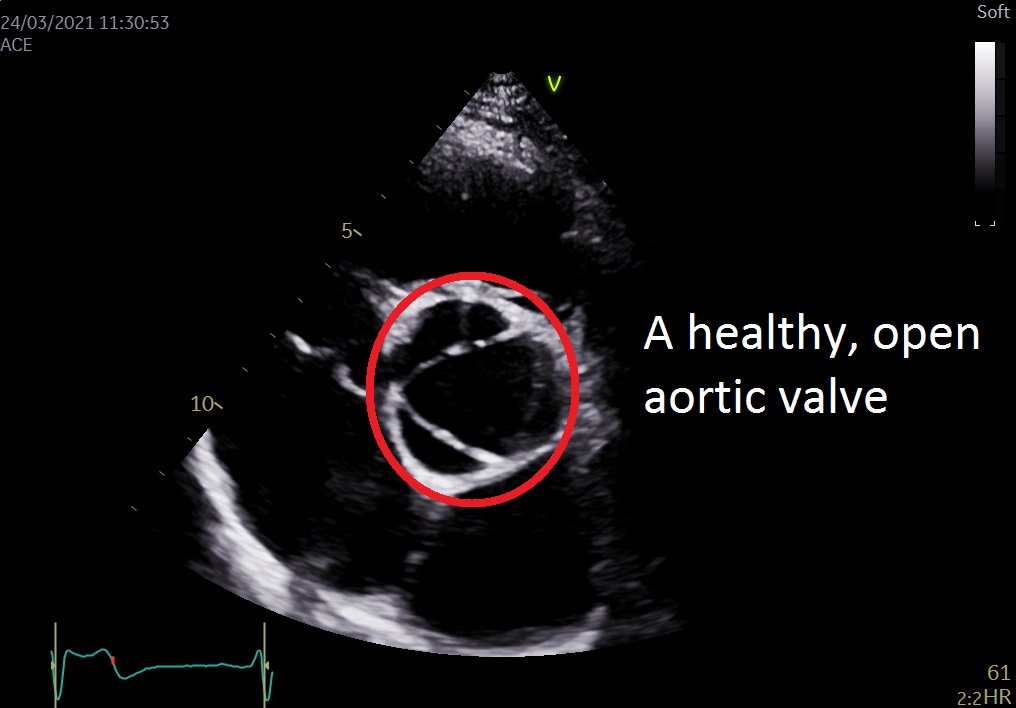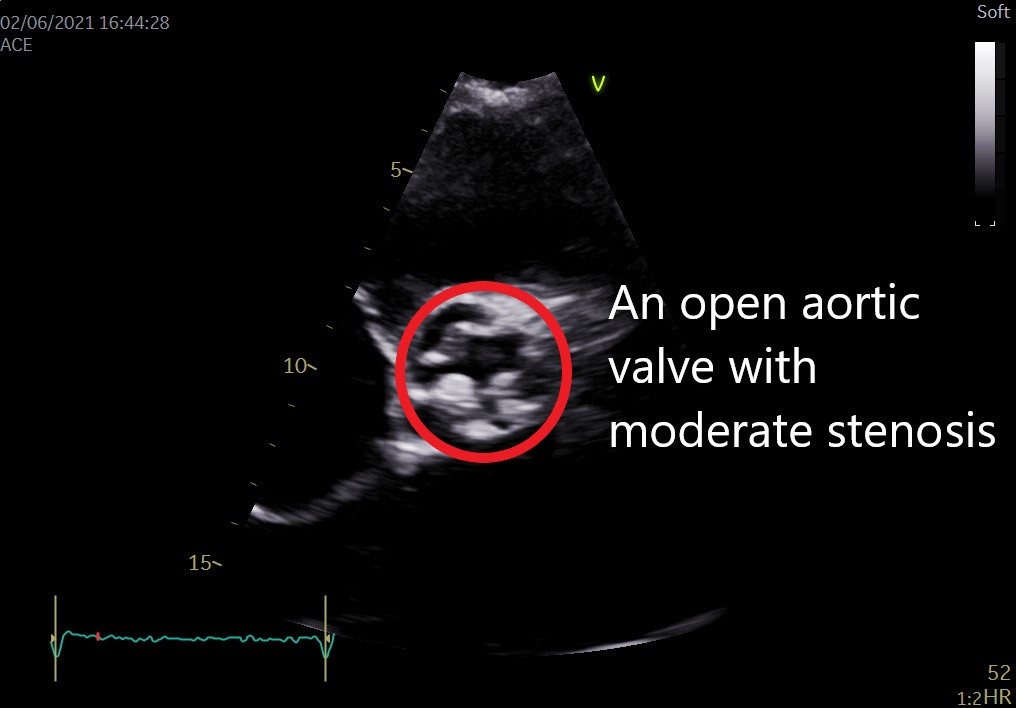Valvular heart disease
Valvular heart disease is diagnosed where one or more of the valves in the heart are not functioning properly. Your heart has four valves that maintain the correct flow of blood through the heart and around the body. When these valves are not functioning correctly, blood flow throughout the body is affected.
Symptoms
- Chest pain
- Fatigue
- Swelling of your ankles and feet
- Dizziness
- Fainting
- Irregular heartbeat
- Abnormal sound (heart murmur) when a doctor is listening to the heart beating with a stethoscope
- Shortness of breath, particularly when you have been very active or when you lie down


Causes
Your heart has four valves that maintain the correct flow of blood through your heart and the rest of the body. These valves are the mitral valve, tricuspid valve, pulmonary valve, and aortic valve. The flaps or leaflets of the valve open and close with each heartbeat to maintain the correct direction of blood flow. When these leaflets do not function correctly, or the valve is damaged, blood flow through the heart and to the rest of the body is affected.
Some heart valve problems include:
- Regurgitation: When the valve does not close correctly, blood leaks or flows backwards through your heart. A common cause of regurgitation is bulging of the leaflet called prolapse.
- Stenosis: Stenosis in the adult population is generally the result of calcified and thickened flaps or leaflets, which can fuse together. As a result, the valve is significantly narrowed and blood flow through the valve is restricted.
Heart valve disease can be present at birth (congenital) or can develop later in life due to infection or other heart conditions. High blood pressure, high cholesterol, diabetes and other heart disease risk factors can increase the risk of developing valvular heart disease.

Diagnosis
If we suspect there may be a valvular problem, there are various tests that can be used to further evaluate your symptoms and condition.
- Echocardiogram
- Electrocardiogram
- Chest X-ray
- Cardiac MRI
- Stress echocardiogram
Treatment
The treatment and monitoring you receive will depend on the severity of your valvular disease, the symptoms you experience, and the stability of your condition.
When valvular heart disease is diagnosed, it is important to maintain the follow up schedule recommended. Routine follow up is essential to manage your ongoing heart health and to keep a close eye on any changes in your symptoms or the health of the valve. Sometimes, medication and healthy lifestyle changes can be an effective way to manage your heart valve disease.
Eventually, it may be necessary to have heart valve surgery to repair or replace the affected heart valve.

